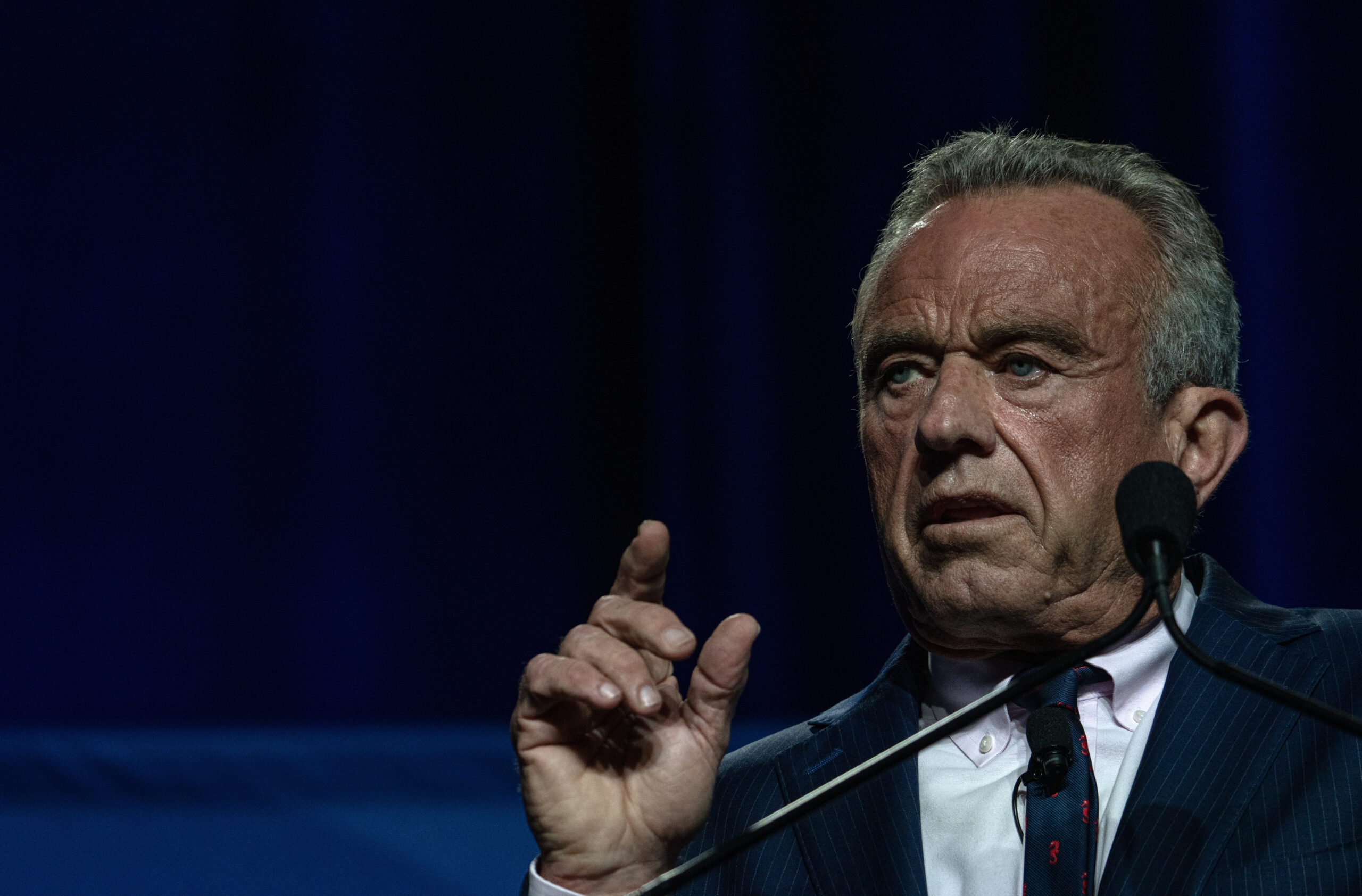Wheat Fields in Turmoil: How Kennedy's Wellness Crusade is Shaking Up North Dakota Agriculture

Health and Human Services Secretary Robert F. Kennedy Jr. is stirring up controversy with his ambitious "Make America Healthy Again" campaign, leaving North Dakota farmers feeling increasingly uneasy. His proposed agricultural and health reforms are sending ripples of concern through the state's farming communities, who fear significant disruptions to their traditional agricultural practices.
Kennedy's bold initiative aims to reshape the nation's approach to health and agriculture, but his strategies have met with skepticism among rural producers. North Dakota farmers, known for their resilience and deep-rooted agricultural traditions, are particularly wary of potential changes that could impact their livelihoods and long-established farming methods.
The campaign's proposed policies suggest a dramatic shift in how food is produced, processed, and distributed, which has many local farmers worried about the potential economic and practical implications for their operations. While Kennedy argues that these changes are necessary for public health and environmental sustainability, many farmers see them as a direct threat to their way of life.
As the debate continues, the tension between innovative health strategies and traditional agricultural practices remains at the forefront of this emerging national conversation.
